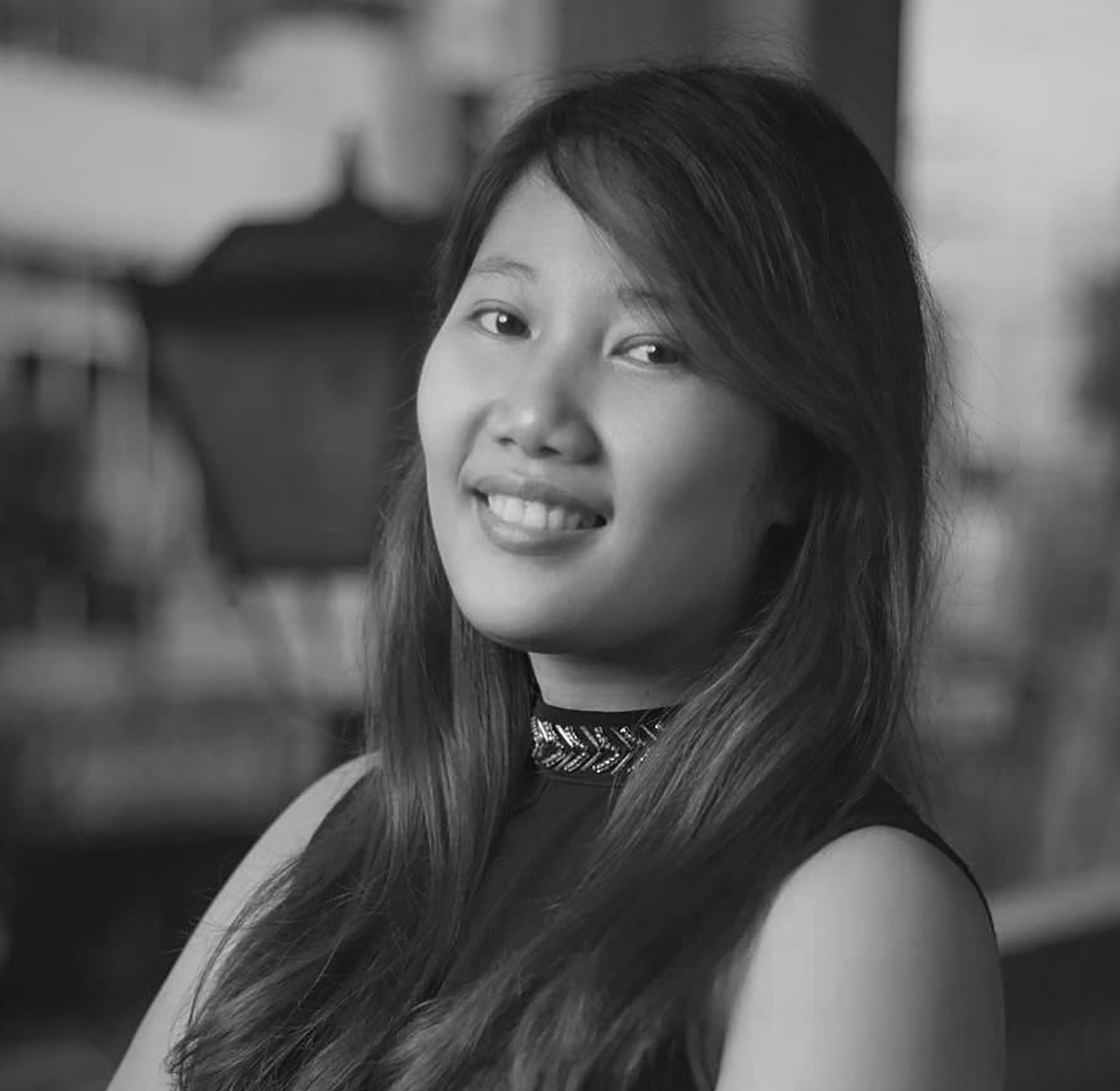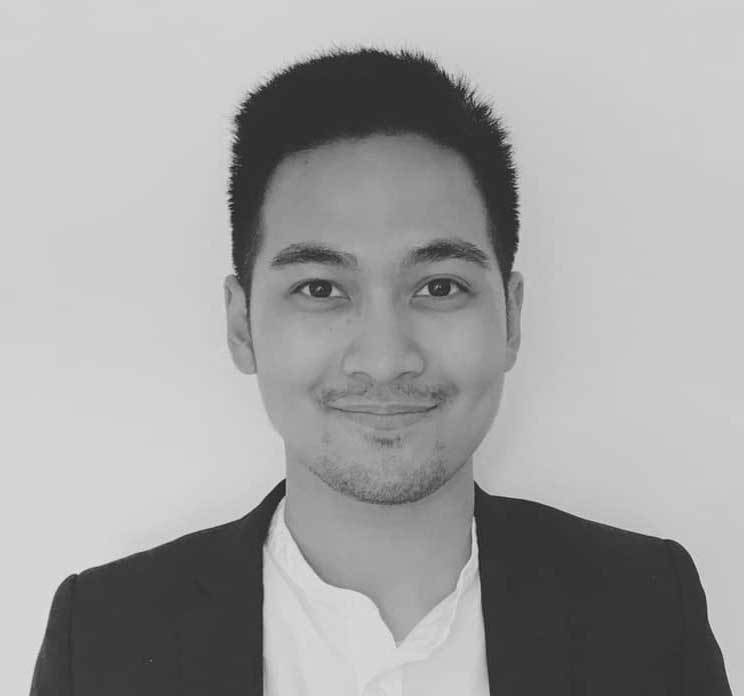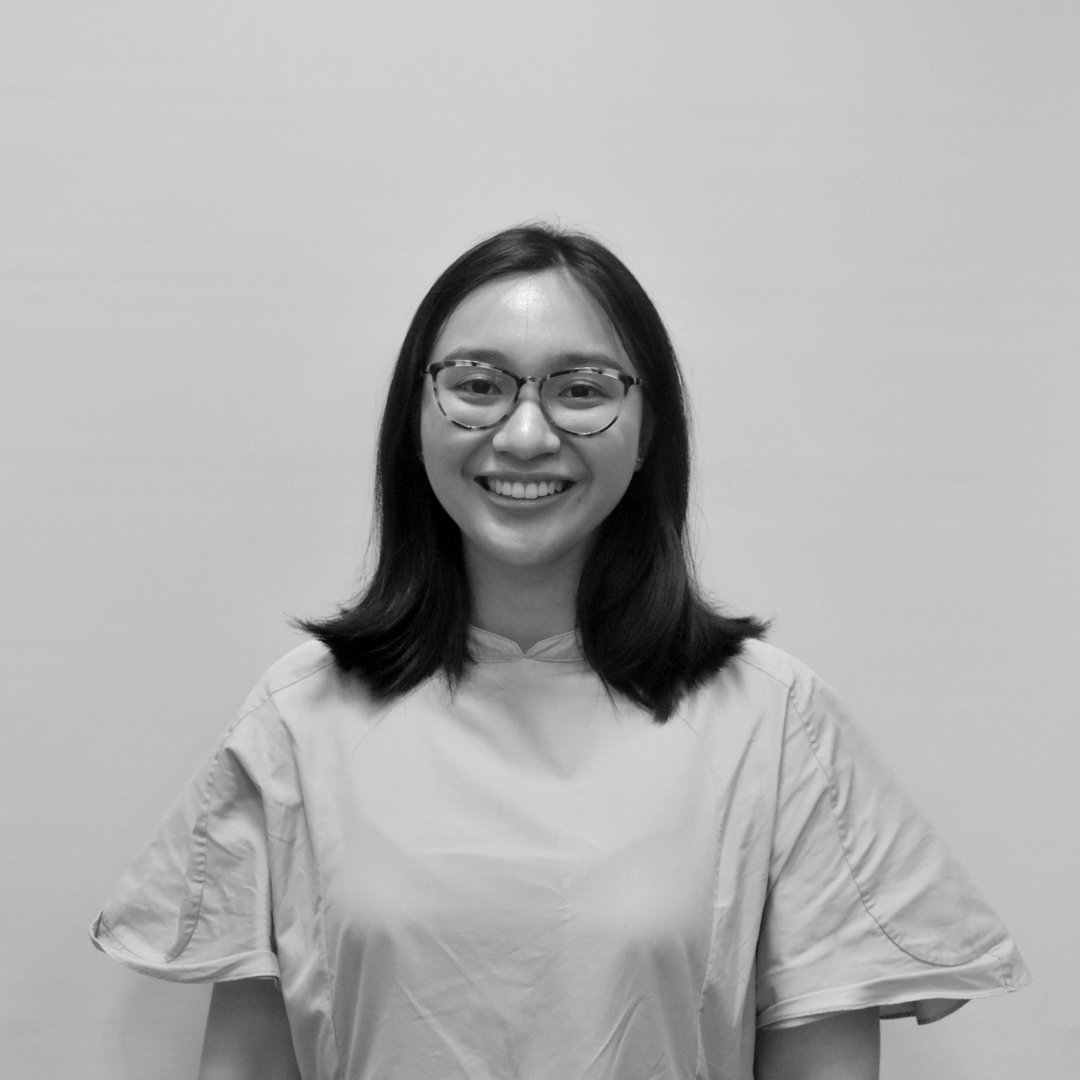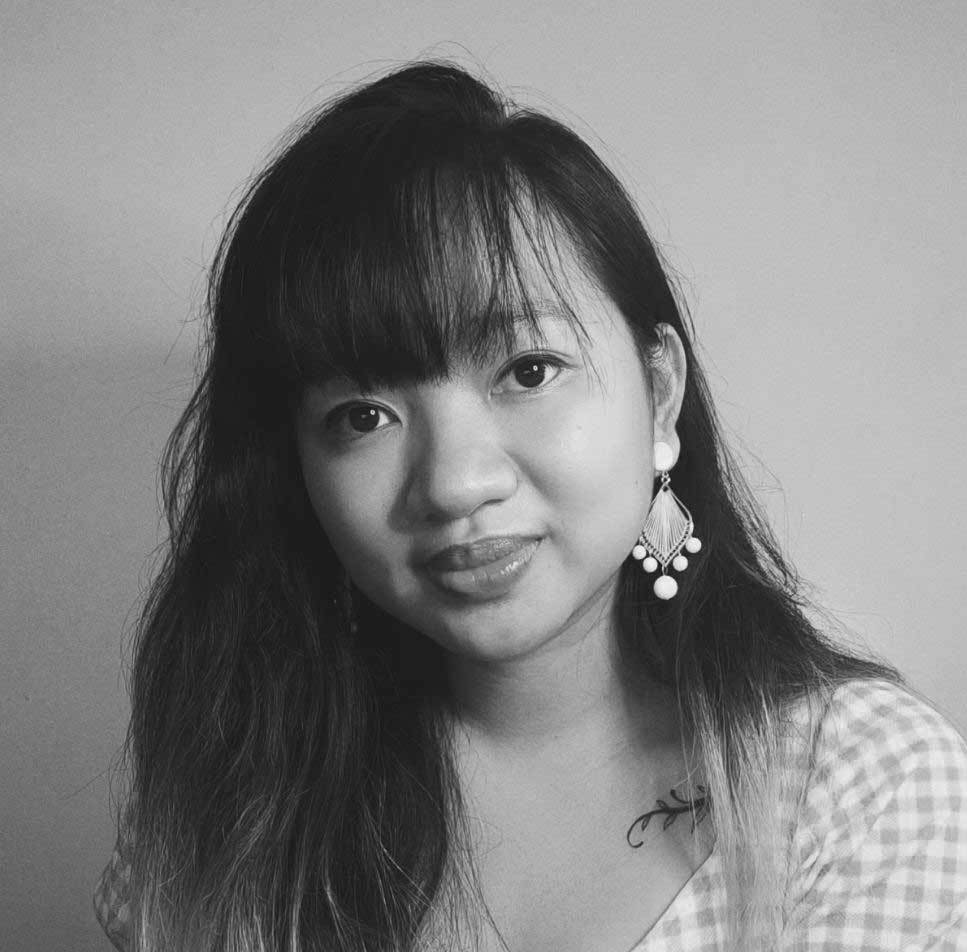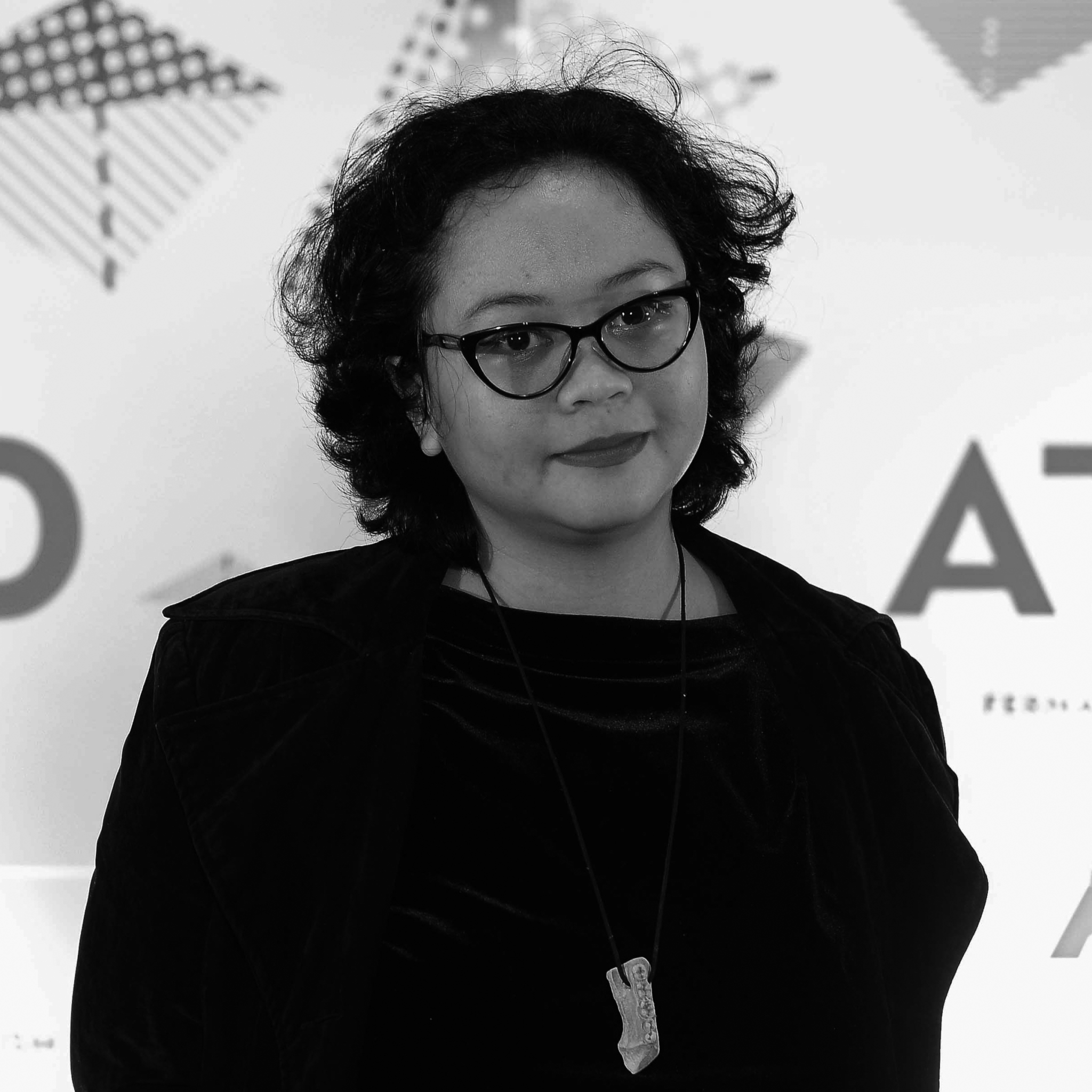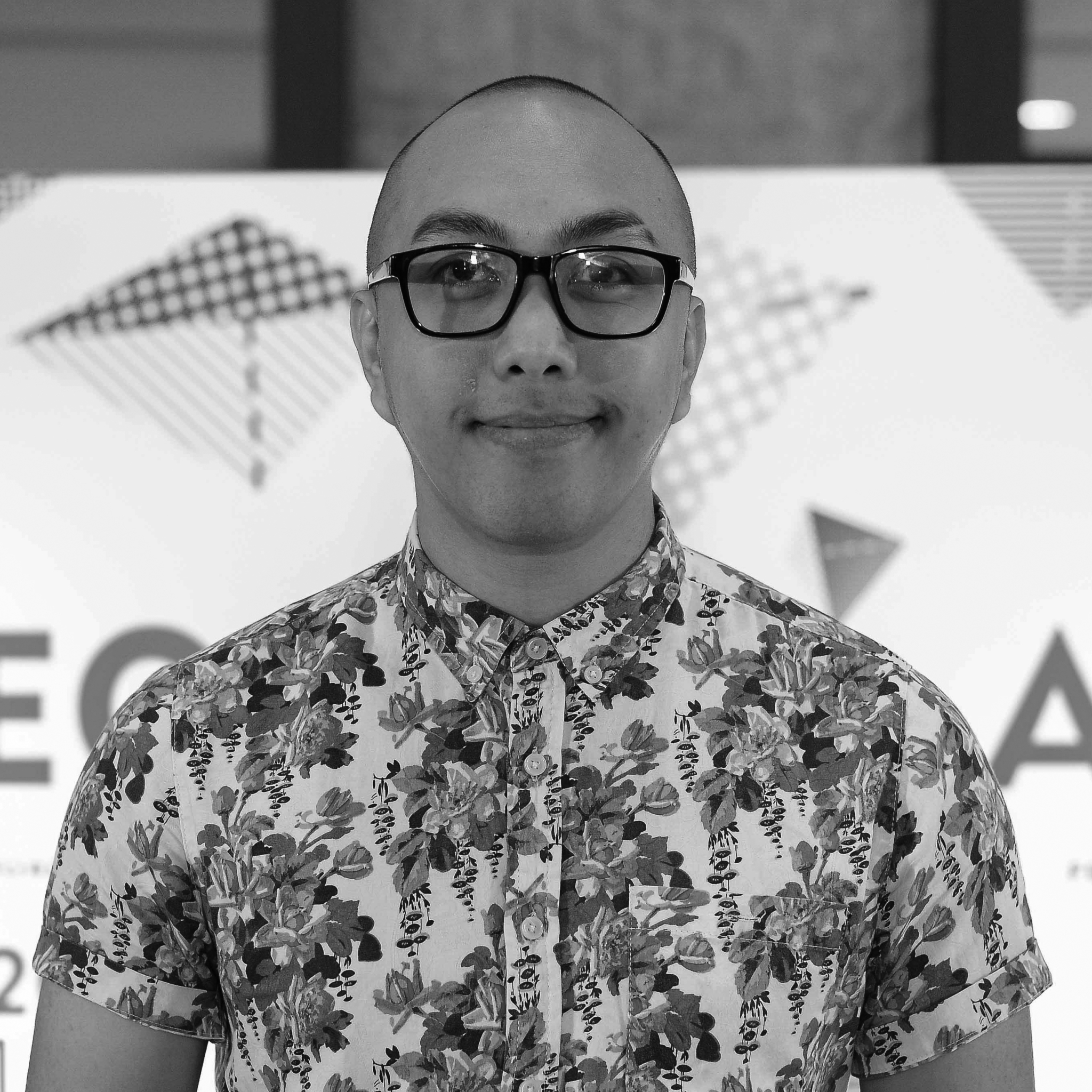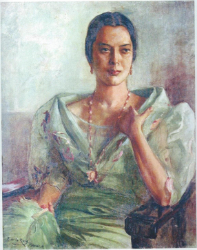Are you okay?
When a mirror is struck by a force, it naturally shatters into pieces. With just the right amount of force, they turn into angled shards that reveal new images, new perspectives that can’t be seen through a regular, unbroken mirror. Much like that force that shatters a mirror, the pandemic brutally shattered our own mirrors of life. For the best of us, it revealed slivers of opportunity, value, and joy, for the worst of us, it unearthed taped-up-boxes of brokenness, weariness, and depravity. After months, time proved to be unkind, even to me, and it seemed as if my life was becoming a casualty of this crisis. I would spend hours fearing for my mother who is constantly exposed to the virus, I would fear for the next bad news to surface, I would over function at home and at work, and I would sob at night as I prayed for even a sliver of hope. And as my mirror turned into shards, I realized that the pandemic didn’t give rise to my brokenness, it merely revealed what was already there. As my own mirrors took the force of the pandemic, deep fears were unearthed and purpose was nowhere to be found. Paralyzing anxiety became a bitter pill I had to swallow each day.
It’s all in your head.
In moments like these, we can respond either in ‘fight’ or ‘flight’ mode as the textbooks would call it. Some people fought, but some people like me wanted to run away from everything that was happening. People were dying, the economy was plummeting, and we were quarantined- almost imprisoned- in our own homes. As time went on however, people were rising to the occasion. I saw friends initiate monetary donation drives, artists I knew opened project commissions for their chosen cause, and performers conducted online benefit concerts either to raise money or to raise awareness of the crisis. Inspiring as these initiatives were, I couldn’t help but feel even more anxious, because I was doing none of those things. I felt helpless, and useless to myself and to others.
As people rallied to do the best they could do in the situation, I was at home wearily awaiting the next set of terrible news, barely waking up to eat and attend to my responsibilities, and barely sleeping as I feared for what the next day would look like. Crippled even more by confusion and uncertainty, I was descending into a pit of hopelessness and defeat. It seemed as if everyone was quickly finding their place and purpose, while I struggled to find mine. This only stressed how loosely I fit into this narrative. Although I was not sick, hungry, nor homeless, I was still broken in ways more than one. And I realized that maybe it wasn’t so much as finding my place in this crisis, I was just trying to find something, anything that was going to give me hope.
Other people have it worse than you.
Even though I was eaten up by anxiety, I tried to step up as leader in my church. In the early weeks of quarantine I held weekly bible studies and joined daily prayer meetings with some students online. I tried to do my part in contributing to some online movements, and even disseminated verified information about the virus. I tried to convince friends and family to contribute in any way that they can. As weeks turned to months however, everything I was doing felt like a knee jerk reaction. I did things as I was supposed to on autopilot, and it always felt like these things were almost enough for the people who witnessed, but almost empty and meaningless to me. As a young person, I tried as much as I could to be part of the solution, rather than the problem, but in all of these nothing felt right, nothing was enough. Neither rest nor work gave me peace of mind; they were producing the same bitter fruit of anxiety.
Just breathe.
This pandemic chose no victim, everyone in some way has been cut by pieces of their own mirrors, and we have all been trying to get back up. Wounds that are not seen are just as painful as the ones that are, anxiety being one out of many. Remembering the people who seemed collected enough to find their place, and looking at me who is barely making sense of herself and her surroundings, I wonder: maybe in some ways, we are all anxious under the surface. In these troubling times, maybe anxiety and finding hope share the same face. We are all just trying to find hope in ways that we can. Up until today I haven’t found my place. I have yet to overcome my anxiety, and I have yet to understand the purpose of what is happening, but in moments wherein I feel lost I remember one thing: try for hope. I can’t stop trying, we all shouldn’t stop trying, because the only true defeat and hopelessness is in when we stop trying.
ABOUT THE PRIZES
In solidarity with the Filipino community affected by COVID-19, the Ateneo Art Gallery in cooperation with the Kalaw-Ledesma Foundation, Inc. has organized the AAG x KLFI Essay Writing Prizes to support writers affected by the crisis. With the theme “Thoughts and Actions of Our Time: Surmounting the Pandemic,” writers were encouraged to submit essays that reflect on or discuss the turmoil, struggles, initiatives, and expressions of hope during these trying times.
Through this Prize, the Ateneo Art Gallery hopes to extend assistance to artists and writers in its capacity as a university museum highlighting the Filipino creativity, strength, and resilience during this difficult period.
After receiving more than 100 submissions for the competition, six (6) winning entries were selected by a panel of jurors for each of the student and non-student categories. Writers of the winning entries received a monetary prize and their essays will be published by the Ateneo Art Gallery in an exhibition catalog accompanied by images of shortlisted works from the Marciano Galang Acquisition Prize (MGAP). Essays are also published in the Vital Points website, the online platform for art criticism developed by AAG and KLFI.
View the online exhibition for MGAP and the AAG-KLFI writing competition here.


